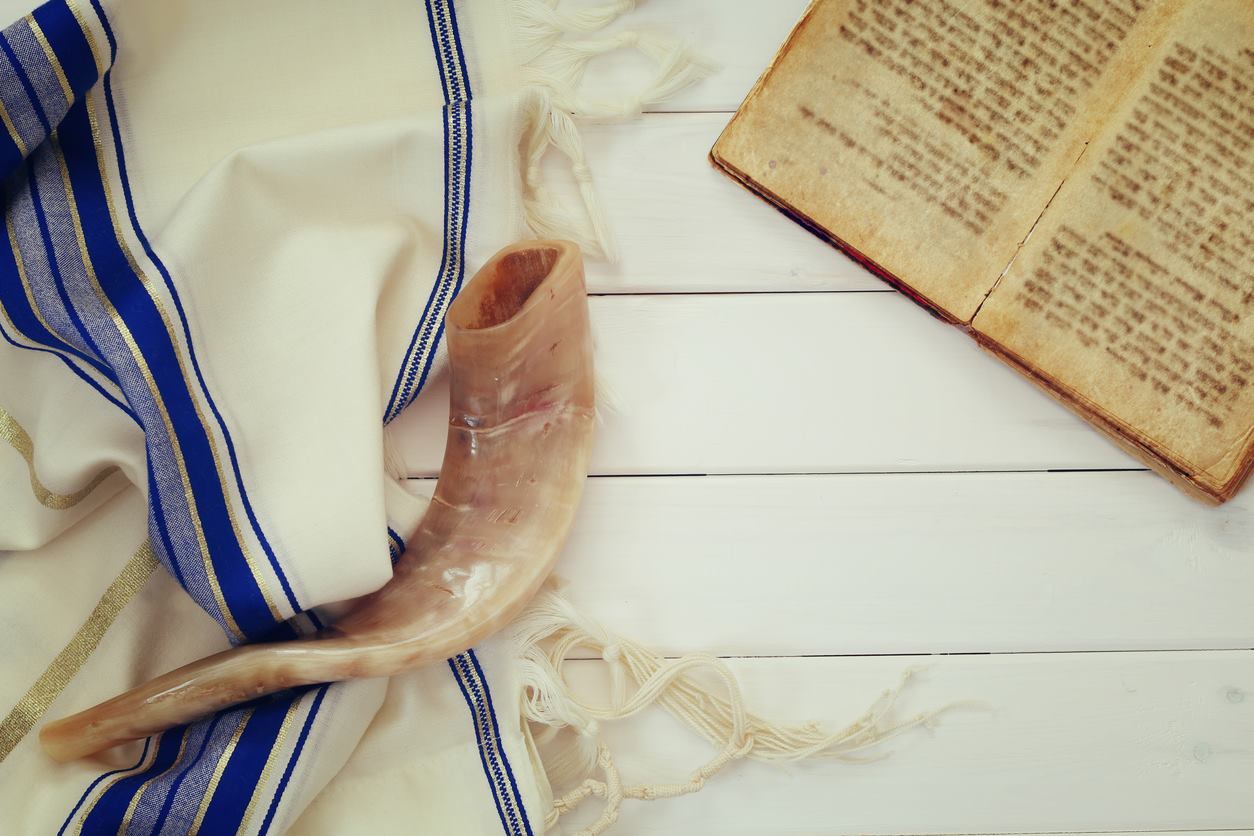The name of Yom Kippur is literally translated “the Day of Atonement”. It is the most important of all the Jewish holidays, it is a day of fasting, repentance, and forgiveness of sins. Celebrated on 10 Tishrei (September-October), it marks the ending of the ten-day fasting which begins with Rosh Hashanah. According to the Talmud, on Yom Kippur God makes his verdict for the acts of men of the passing year. Traditionally, this day, orthodox Jews observe almost 25 hours of abstinence from food, spending most of the day in intense prayers and necessarily attending the synagogue.
Sometimes the name of the holiday is translated as “the Day of Purification”. It being very solemn, it is often simply referred to as “fasting”, “the Saturday of all Saturdays” – some rabbis even call it “the very Day”, thus putting an emphasis to its importance.
In 2020, Yom Kippur – the Day of Atonement – falls on September 28. There is a very old custom called Kapparot (of Kappores). In the evening the day before Yom Kippur, or on its eve at dawn, men and boys take a rooster, and women and girls take a hen, and they say the prayer of Bnei Adam. Then, turning the bird around over the head, they say “Let it be my redemption”. After the ritual, the slaughtered bird’s meat or its money equivalent is given to the poor. The idea of the rite of Kapparot involves comprehending that for our sins, our lives may end the same way as the bird’s. If providing a hen for the ritual is impossible, it may be performed with holding money over the head instead which is also given to the poor.
Before Yom Kippur comes, it is customary to say sorry to the acquaintances which happened to be insulted through word or action, because God cannot forgive a person until they have been asked forgiveness by people.
This year, in the evening of September 27, on the eve of Yom Kippur, about an hour before the sunset, the last plentiful meal is arranged before the beginning of fasting. Before leaving for the synagogue, father (or mother, if there is no father) traditionally blesses the children and wishes them to be in God’s favour.
Fasting begins in the evening, 18 hours before sunset. During this day it is forbidden to eat, drink, wash, lubricate the skin with creams and ointments, wear leather, also forbidden is marital intimacy. This day, as on Shabbat, any work is forbidden.
Married men, on their depart to a synagogue for the evening service, take a candle that can burn the whole day through. This candle is called “a lebedike licht” (candle of life). It is advisable to have it lit by Habay (a head of the synagogue) instead of doing it yourself. Furthermore, everyone who says the Yizkor funeral prayer, lights a candle at home in the memory of the deceased.
The next service (Shacharit) begins early in the morning. After reading the Torah, the funeral prayer of Yiskor is recited. After the Musaf and Mincha prayers, the most solemn (and the last) service of Neyil begins – the peak of all the prayers of Yom Kippur. Then comes the last trumpet sound of the shofar (a bull’s horn), and the Day of Atonement is concluded with the following words: “Next year – in Jerusalem”.
In Israel, it is not customary to publicly violate Yom Kippur (for example, by eating, driving, or talking on a cell phone), even among secular Jews. These days, the roads are empty (with rare exceptions of ambulances, police cars, or fire trucks), and children are free to ride their bikes down the streets and highways, so the Israelis jokingly call this day a “feast of bicycles”. The TV and radio stations, public transport, and airports also do not operate.
A sense of reverence for Yom Kippur has persisted with the Jewish people to this day, even among far least orthodox Jewish, often being the only way for them to be connected with Judaism.

